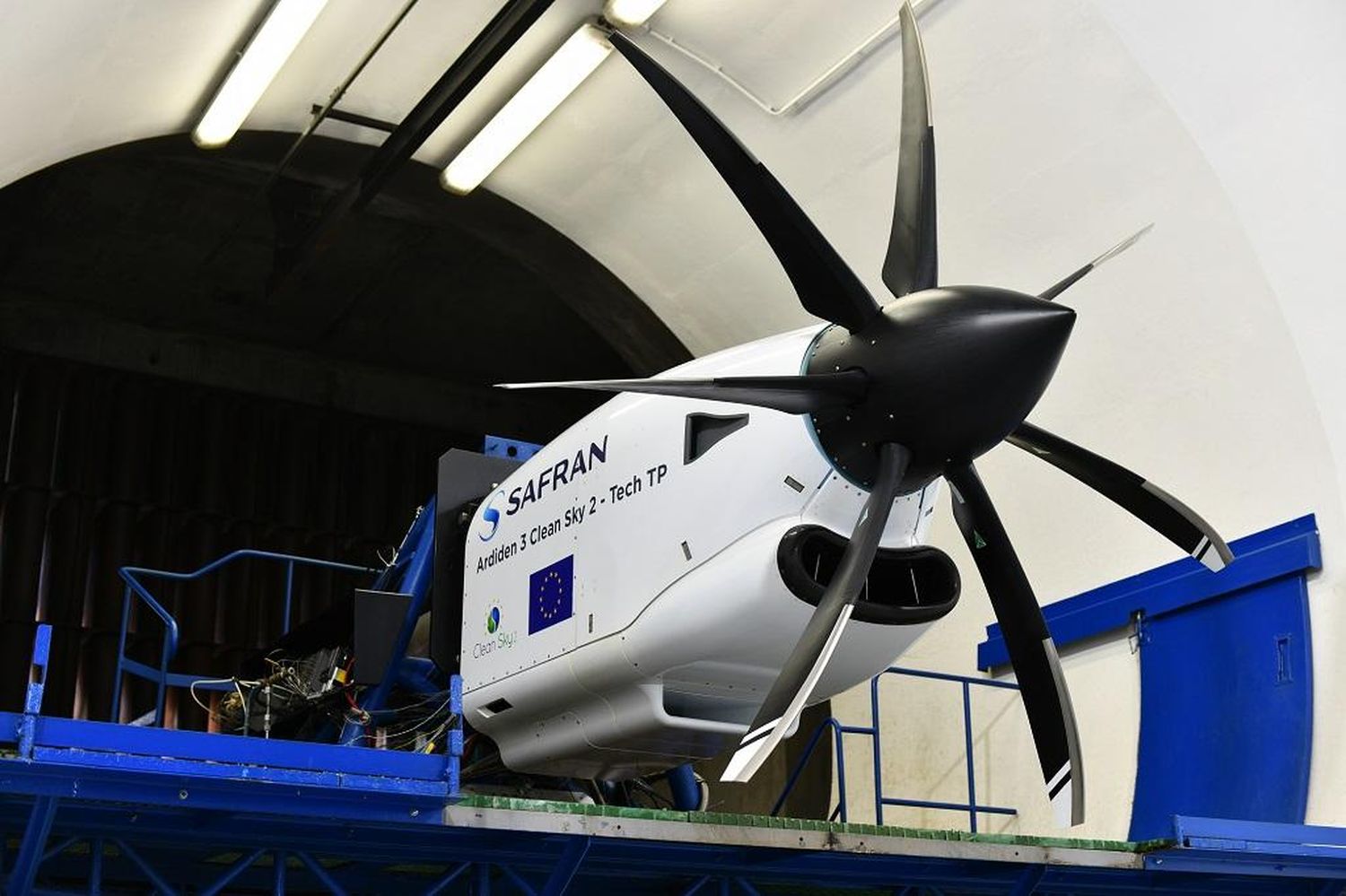The propulsion system developed by the ACHIEVE consortium, in collaboration with Safran, will enable environmentally friendly taxiing, helping to reduce greenhouse gas emissions and noise pollution.
The ACHIEVE project also includes the University of Nottingham; the National Electrical Manufacturers Association (NEMA), which specializes in the design, manufacture and testing of electric motors and generators; and Power System Technology (PST), which designs and manufactures power converters for the aerospace industry.
According to a statement issued by the European Clean Aviation initiative, «as airports are heavily polluted areas, the green taxiing capability will significantly improve the air quality around them. In addition, with the engine off, the noise of an aircraft will also be drastically reduced.»
«The mechatronic device, which will be integrated into the gearbox of an aircraft engine, enables the environmentally friendly taxiing of future turboprops when operating as an engine. The same device is used as a generator system when the aircraft is in the air and supplies electrical power to the onboard load. It has been successfully tested at the University of Nottingham (UNOTT) test facility with maximum power (100%) and maximum speed (100%). The power density of the electric machine and power electronics within the ACHIEVE system is 7.2 kW/kg and 9.2 kW/kg respectively,» the release added.
The ACHIEVE advances were successfully tested in Nottingham, after being integrated into the Tech TP, Safran’s Clean Sky 2 turboprop engine ground demonstrator. These new turboprop engines could be an interesting alternative for regional aircraft and future developments of larger commercial aircraft.


Comentarios
Para comentar, debés estar registrado
Por favor, iniciá sesión